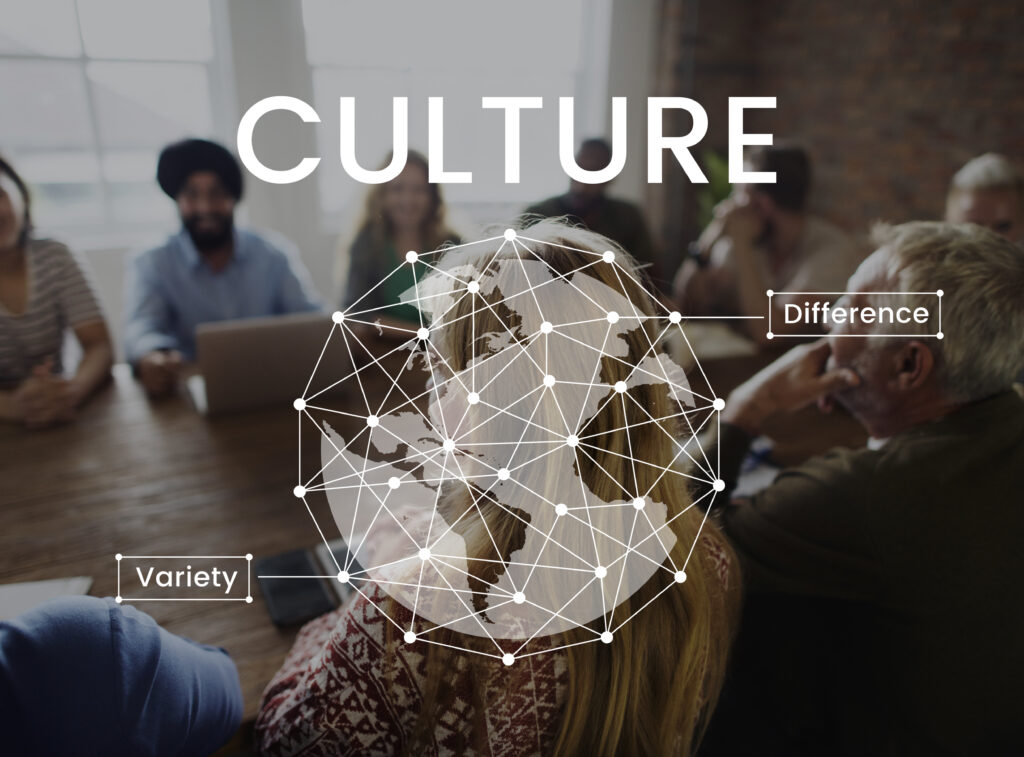
Definition of Global and Cross-Cultural Learning:
Introduce the concept of global and cross-cultural learning as an educational approach that fosters awareness, understanding, and collaboration among individuals from diverse cultural backgrounds around the world.
Cultural Competency Development:
Emphasize the importance of global and cross-cultural learning in developing cultural competency. This involves acquiring the knowledge, skills, and attitudes necessary to interact effectively in a multicultural environment.
International Collaboration and Partnerships:
Explore how global and cross-cultural learning encourages international collaboration and partnerships between educational institutions, fostering a shared exchange of knowledge and resources.
Diverse Perspectives in Curriculum:
Discuss the integration of diverse perspectives into the curriculum. Global and cross-cultural learning seeks to broaden the educational experience by incorporating content that reflects the richness of global cultures and histories.
Virtual Exchange Programs:
Highlight the role of virtual exchange programs in global learning. These programs leverage technology to connect students from different parts of the world, enabling meaningful interactions and collaborative projects.
Language Acquisition and Multilingualism:
Address how global and cross-cultural learning often involves language acquisition and promotes multilingualism. Exposure to different languages enhances communication skills and opens doors to understanding diverse cultures.
Cultural Immersion Experiences:
Discuss the value of cultural immersion experiences, such as study abroad programs or virtual cultural exchanges. These experiences provide students with firsthand exposure to different cultures, fostering empathy and a deeper understanding.
Global Citizenship Education:
Explore the concept of global citizenship education within the context of global and cross-cultural learning. This approach emphasizes the responsibility individuals have toward global issues and encourages active engagement in addressing them.
Technology as a Facilitator:
Acknowledge the role of technology as a facilitator in global and cross-cultural learning. Virtual communication tools, online platforms, and collaborative software enable seamless interactions between students and educators across borders.
Assessment of Intercultural Competence:
Discuss strategies for assessing intercultural competence within the framework of global and cross-cultural learning. This may involve evaluating students’ ability to communicate effectively, navigate cultural differences, and collaborate on global challenges.
Cultural Sensitivity and Respect:
Emphasize the importance of fostering cultural sensitivity and respect. Global and cross-cultural learning promotes an understanding of diverse perspectives, encouraging students to approach differences with an open mind and a spirit of respect.
Global and cross-cultural learning enriches educational experiences, preparing students to navigate an interconnected world. By embracing cultural diversity, fostering collaboration, and leveraging technology, educators can cultivate a global mindset among learners, empowering them to contribute meaningfully to an increasingly interconnected global society.

